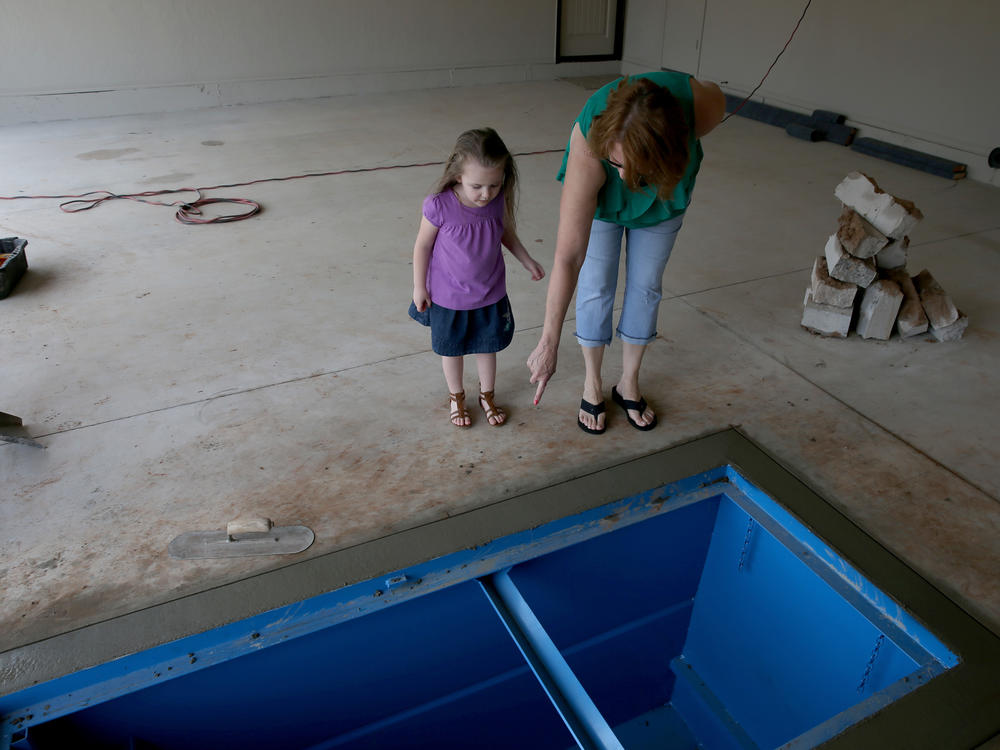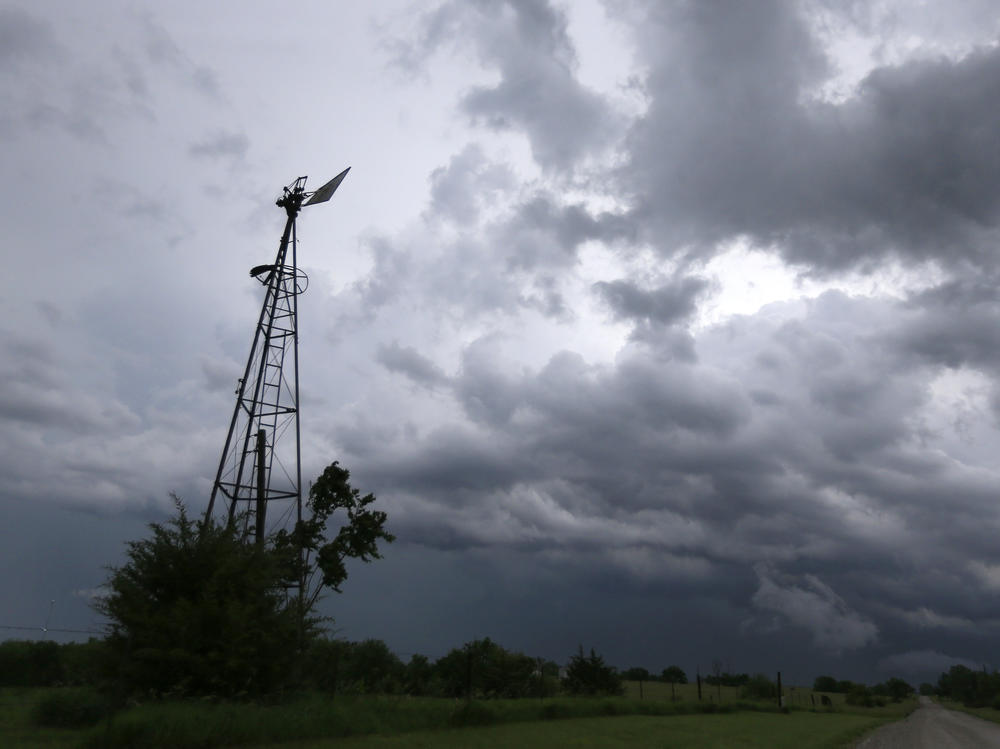Section Branding
Header Content
How to keep yourself safe during a tornado
Primary Content
The fast-moving cluster of tornadoes that hit Texas and Oklahoma and left widespread damage earlier this week is now heading East.
Parts of Louisiana, western and northern Alabama, and northeast Mississippi are under a tornado watch through Tuesday evening.
This may just be the beginning of a tough tornado season. AccuWeather recently forecast an above-average number of tornadoes this spring. The organization warns the worst of those storms may hit locations outside of the traditional "Tornado Alley" and in more urban areas.
To prepare for the wild and dangerous weather, there are several things you can do to stay as safe as possible when a forecast warns of an incoming tornado.
Prepare ahead of time
Taking extra steps to prepare before a tornado is coming can make a huge difference, experts say.
Creating a family plan can be a good first step that ensures everyone in your household is on the same page, according to the National Weather Service. This plan usually covers identifying a shelter spot ahead of time, establishing an emergency meeting place if anyone is separated, figuring out evacuation plans, and deciding what to do with belongings and family pets.
Conducting a regular severe weather drill also lets this information stay fresh so everyone knows what to do in case of an emergency.
Find stable shelter
Emergency preparedness guides strongly encourage anyone living in a mobile home or a house without a basement to find somewhere else to evacuate to. That can be a locally-run shelter, a friend of family's house or a church.
The Centers for Disease Control and Prevention said that during the 2020 tornado season, 76 people died and hundred more were injured. It said 51% of the victims were in a mobile home or trailer park when the tornado hit.
During a tornado, head to the basement or a room without windows on the lowest floor (such as a bathroom, closet or center hallway), according to the CDC and National Weather Service.
Once you're somewhere safe, it's recommended that you get under something heavy or sturdy to protect your head and body from flying debris or falling objects.
Finally, if you're traveling in a car when a tornado siren sounds, don't try to outrun it. Pull over and head to the nearest, sturdiest-looking building.
Keep an eye on the sky
If local meteorologists warn that weather conditions are ripe for a tornado, listen to news reports and pay close attention to the changing weather and the forecast throughout the day.
Looking to the sky helps. An incoming tornado has signs: a dark or green-colored sky, large falling hail, an approaching cloud of debris, or a load roar that sounds light a freight train.
It also helps to know the difference between a tornado "watch" and a "warning" — terms a meteorologist uses to warn about the risk of an impending storm. But the difference between the two can be confusing.
Tornado watch means "be prepared," according to The National Weather Service. These watches are issued to cover large geographic areas where a tornado may occur. "People should be ready to act quickly," NWS says.
A tornado warning means a twister has been spotted in the area or on weather radar. This means there is imminent danger and it's best to move to a safe area. These warnings cover a smaller geographic area (a city or a small county), according to NWS.
Copyright 2022 NPR. To see more, visit https://www.npr.org.
Bottom Content


